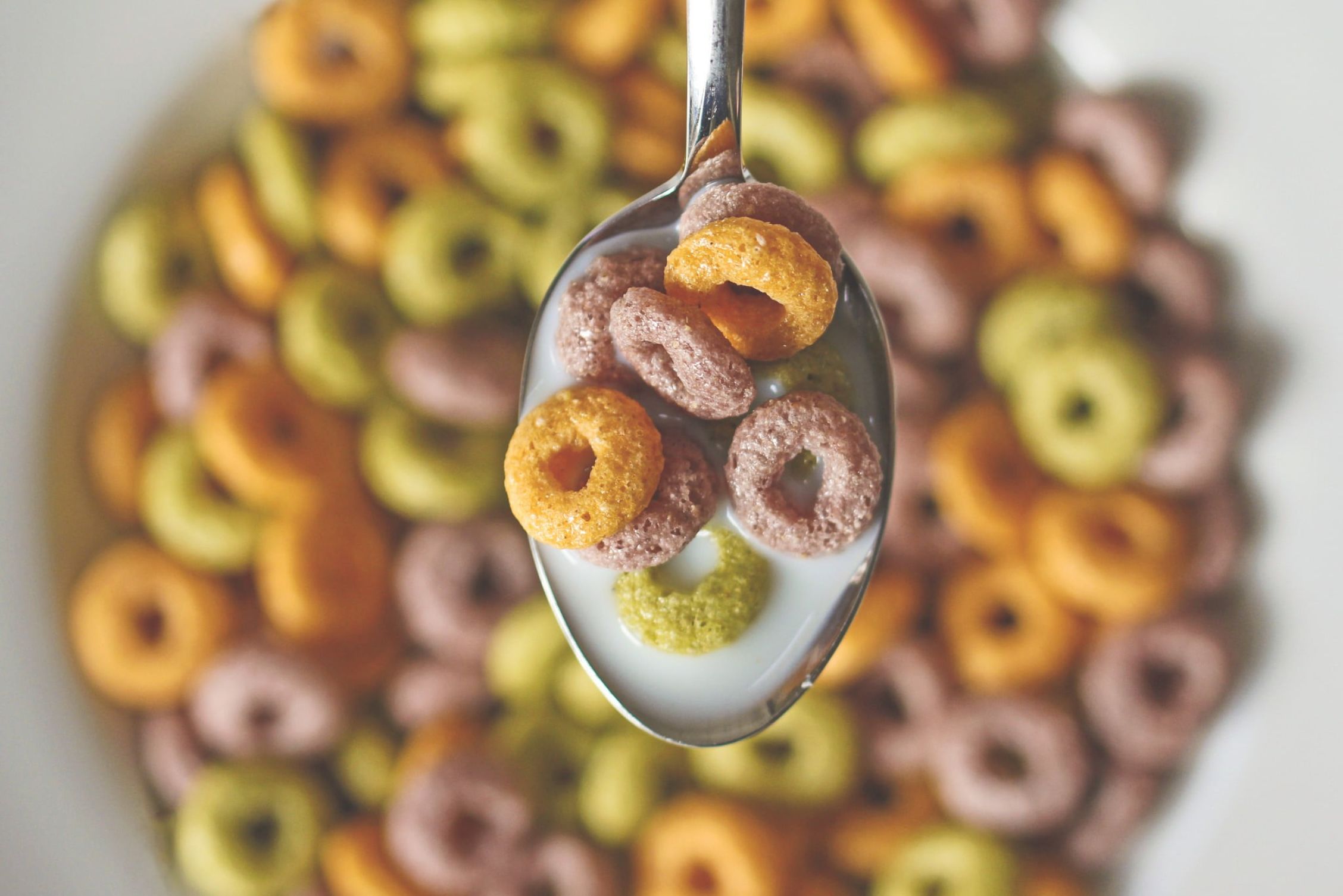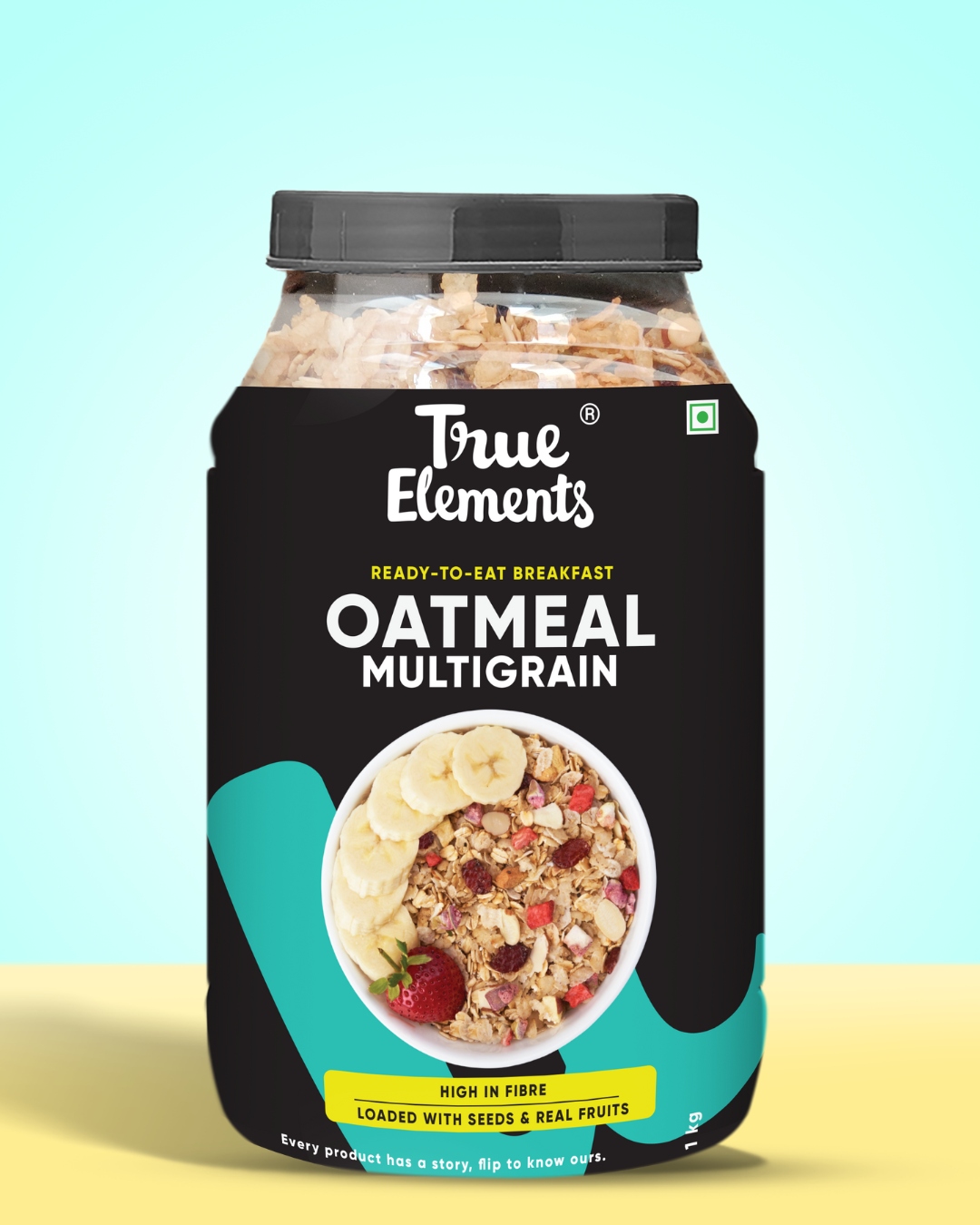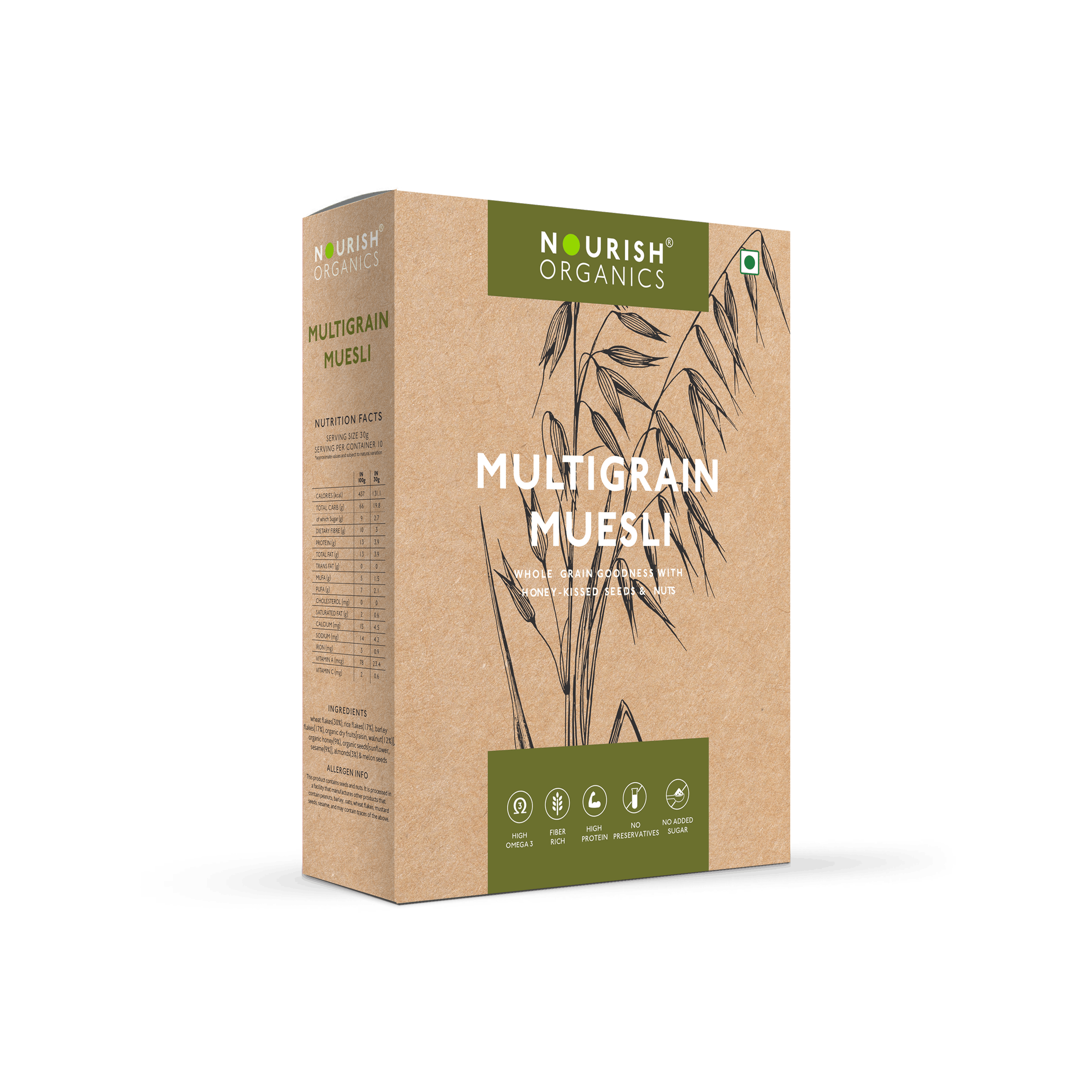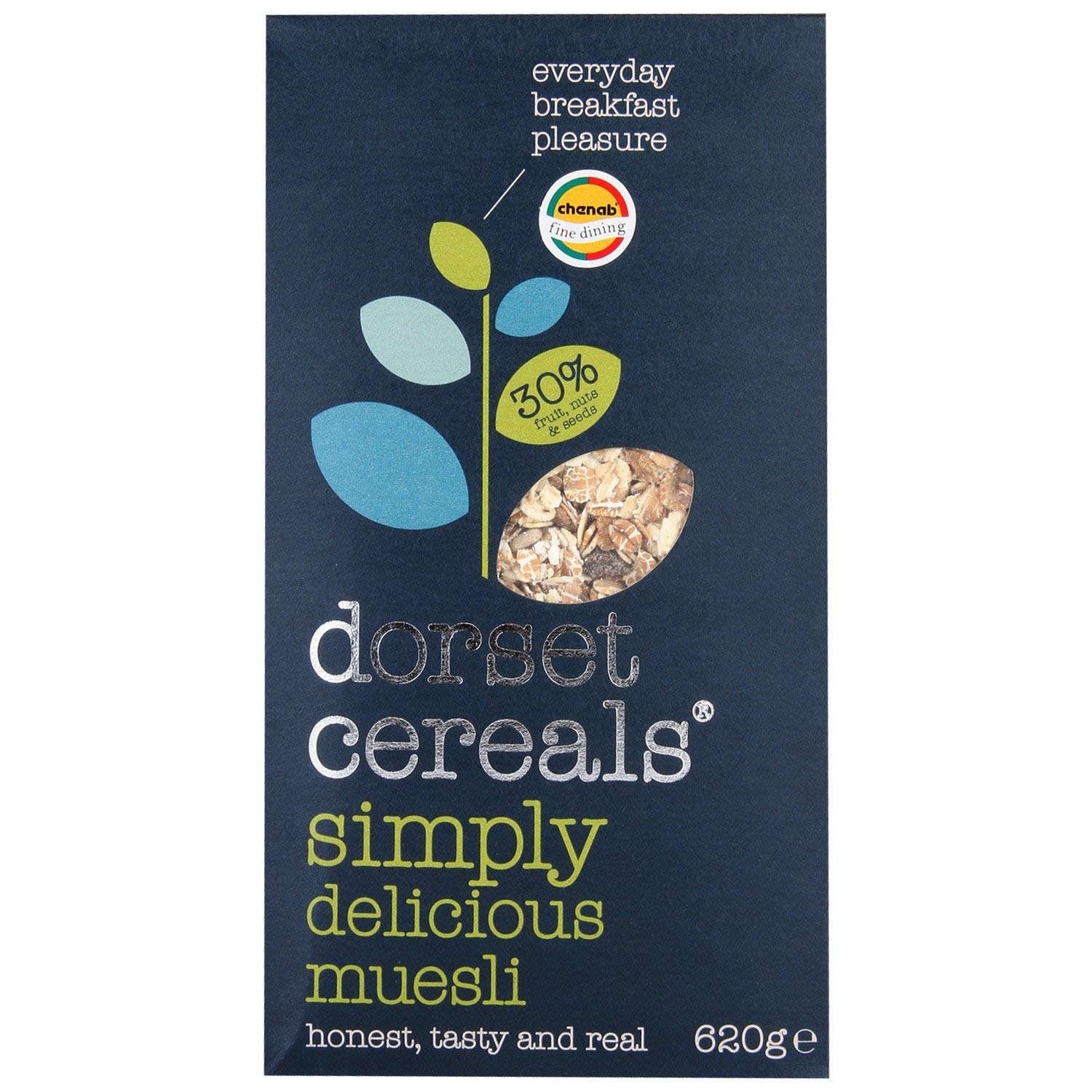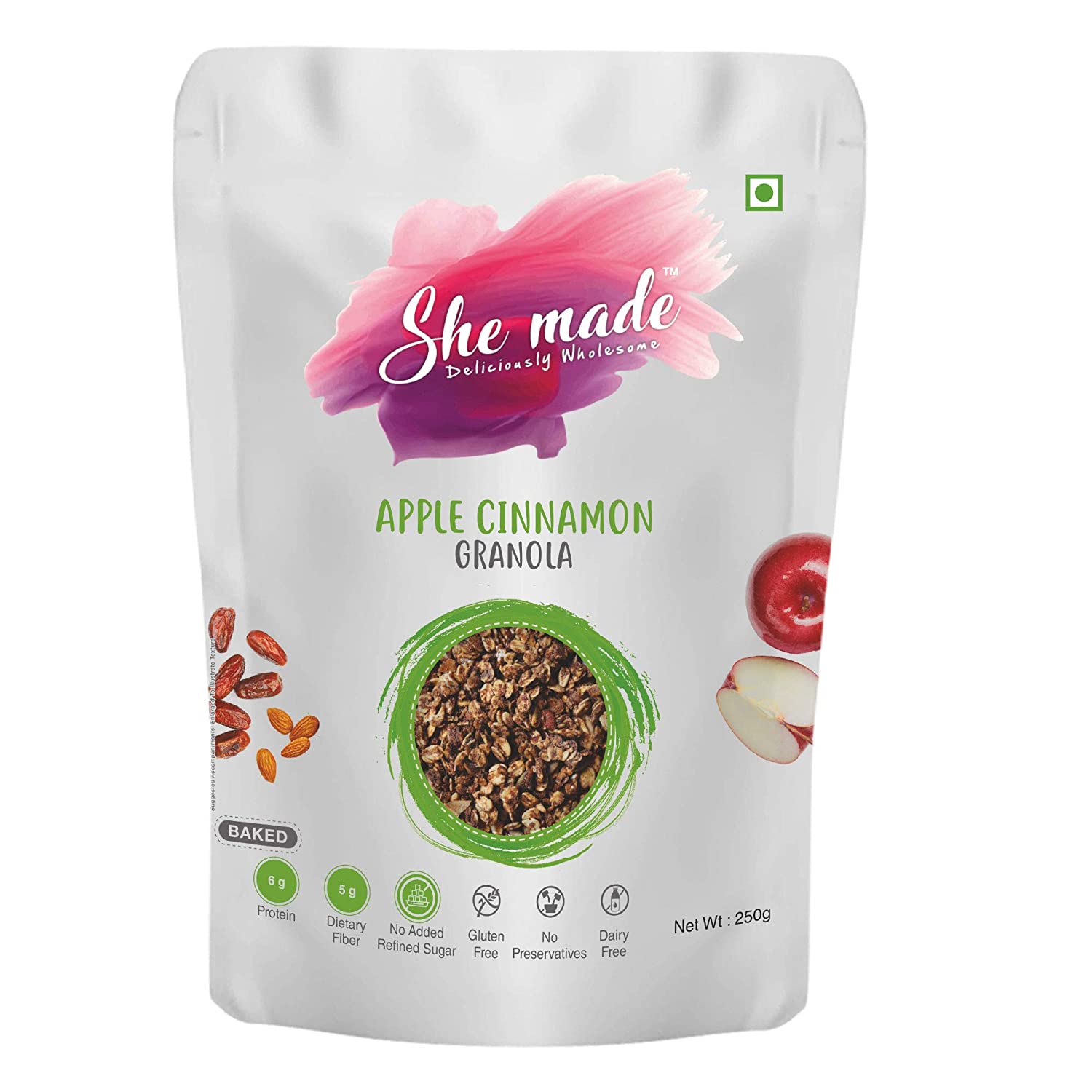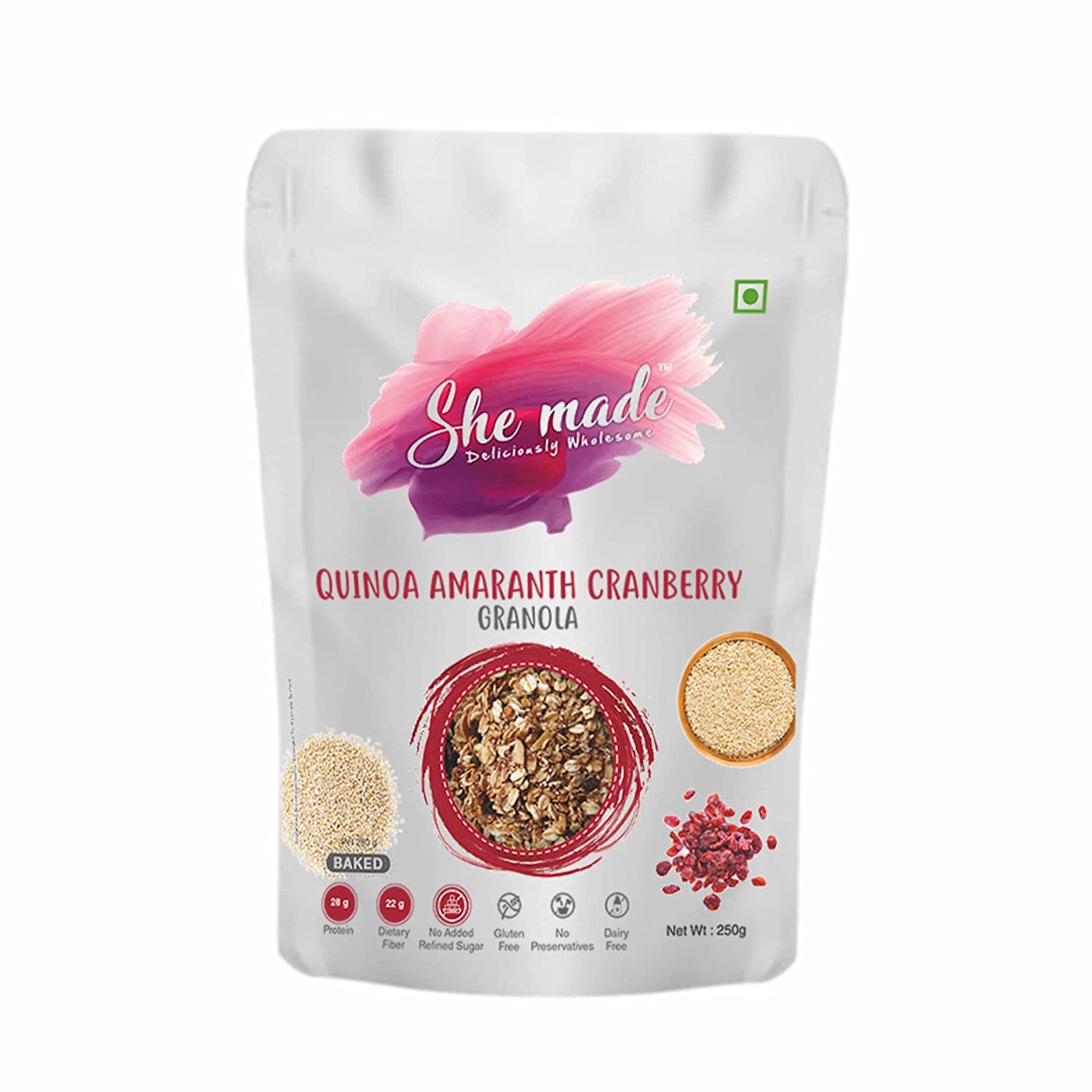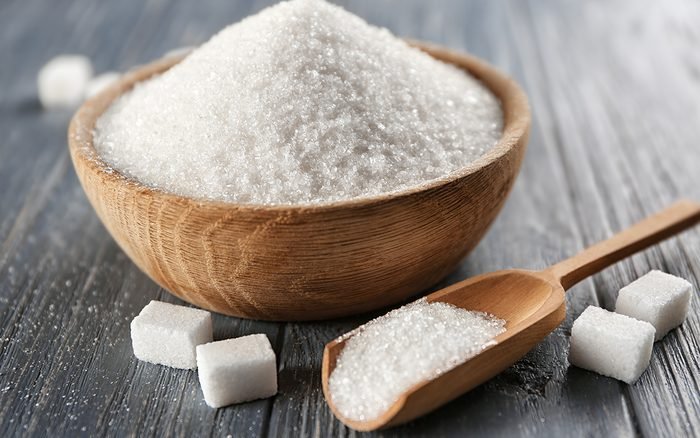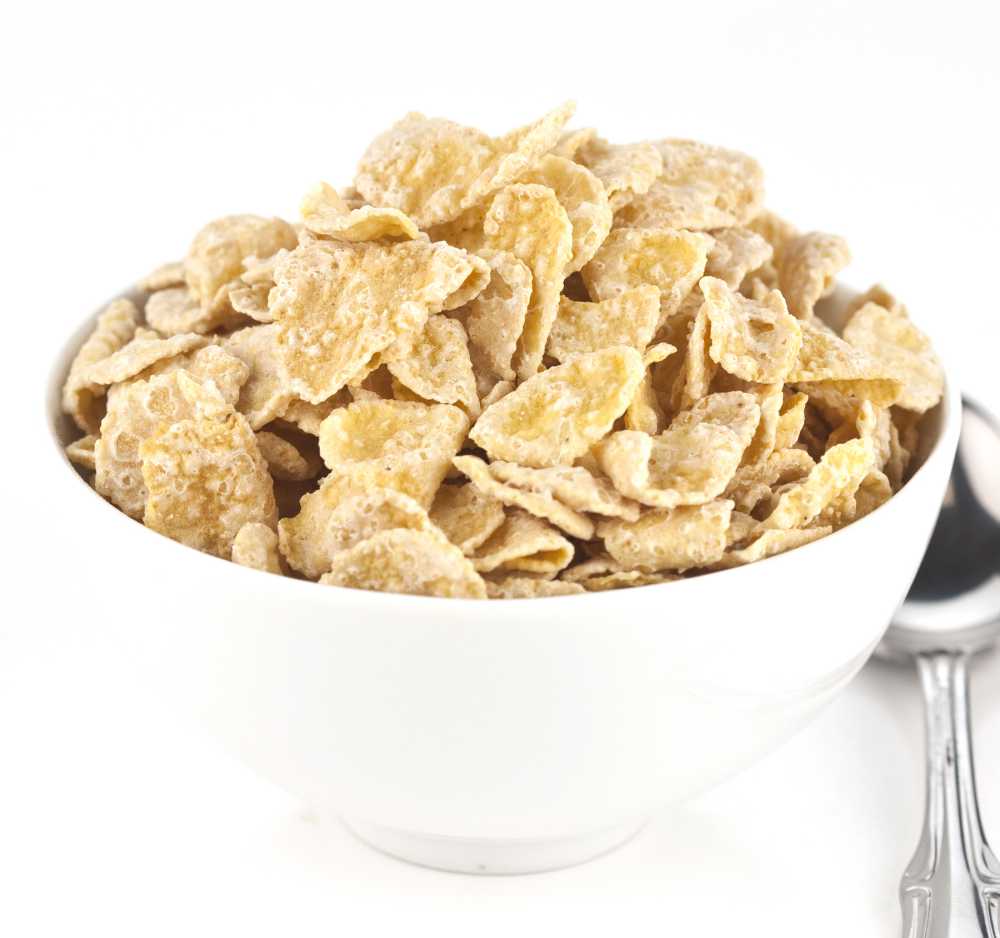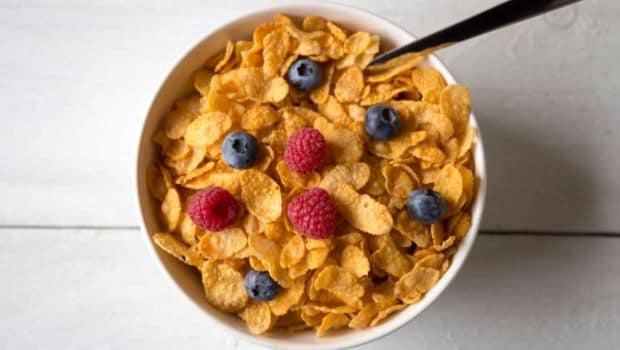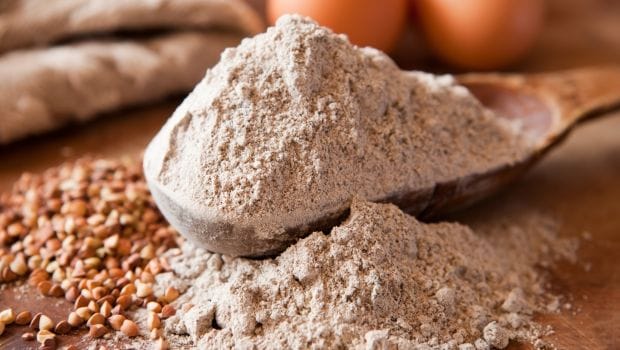Published Date January 24, 2003
What is wrong with ready-to-eat breakfast cereals?
By Arpita Sudev
6 min read
Last update date: January 24, 2012
All about vitamins, fibre, antioxidants and ready-to-eat breakfast cereals.
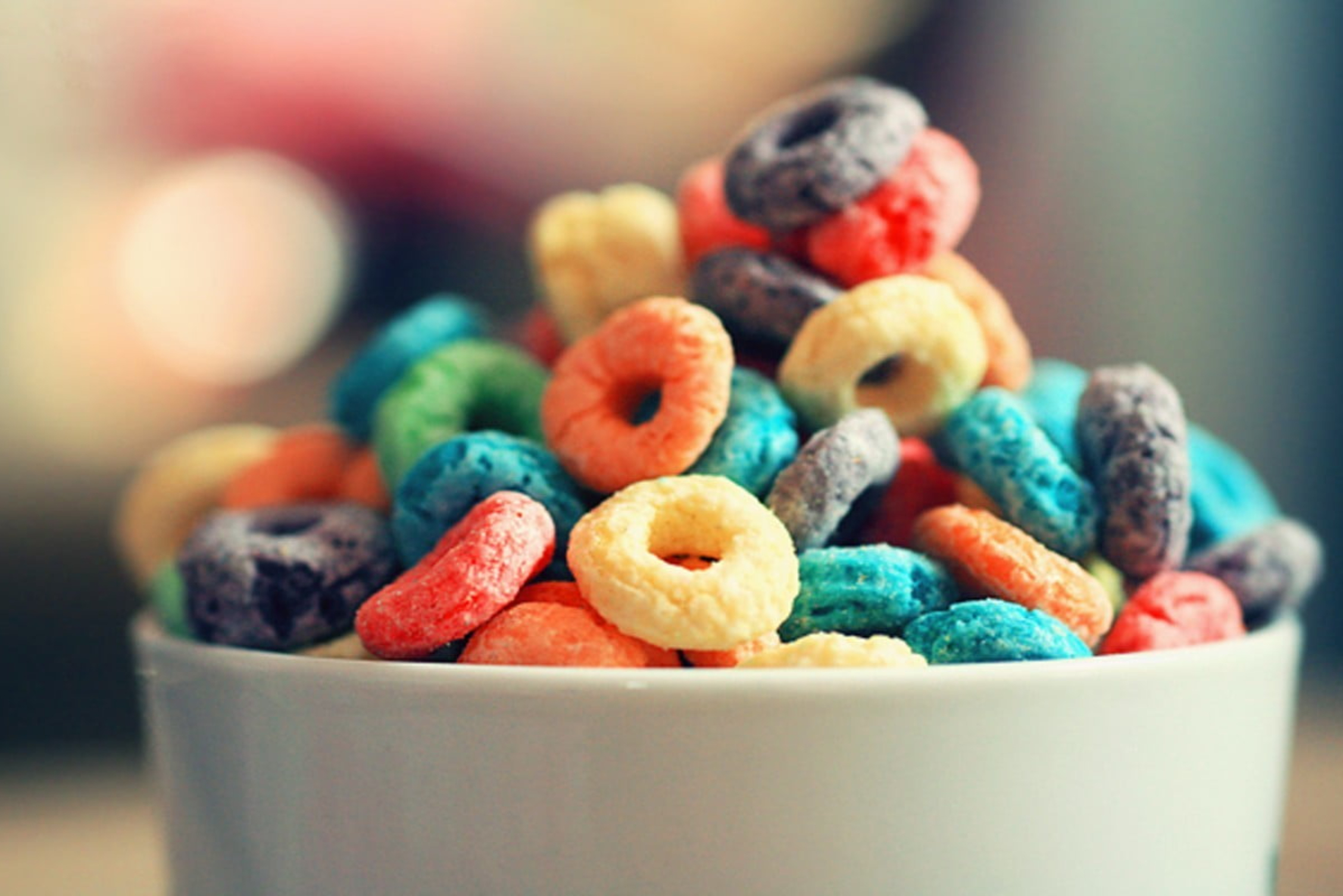
We all know breakfast is the most important meal of the day. It replenishes your supply of glucose, which boosts your energy levels and alertness, while also providing other essential nutrients required for good health.
Ready-to-eat breakfast cereals, an invention of the west, are vastly more convenient than your regular breakfast which you need to cook and prepare. These cereals promise great nutrition because they are made from grains like rice, oats, wheat, and quinoa.
Things are not that straightforward though, as these cereals are infamous for containing excessive sugar, and added flavour, and for using grains that are refined and processed by a process called extrusion. To put it simply, extrusion is the process that gives chocos and cornflakes their fancy shapes.
Unsurprisingly, the process does no good to your food and removes all the good bits like amino acids and fatty acids and at the same time increases the glucose content.
Difference between whole & refined ready-to-eat (RTE) breakfast cereals
Multigrain or whole-grain cereals contain most of the original grain intact. It has fibre and B vitamins which are good for your overall health and gut health. They have a denser texture.
When the whole grains are refined, the bran and germ layers get removed, leaving only the endosperm. This process can cause a significant loss of fibre, vitamins, minerals, antioxidants, and phytochemicals from the grains. [4]
Benefits of Whole Multigrain RTE breakfast cereals
- Multigrain RTE cereals tend to have a higher nutritional content than regular cereals.
- Multigrain cereals are rich sources of protein, fibre (soluble and insoluble fibre, and resistant starch), vitamins and other healthy plant compounds.
- The fibre content maintains bowel movements, which improves digestion and metabolism.
- It is an excellent source of complex carbohydrates that can satisfy the taste buds without making you feel guilty.
- Multigrain cereals are available in different flavours and a variety of grain combinations. [2] [3]
Drawbacks of ready-to-eat breakfast cereals
- Many RTE kinds of cereal are loaded with sugar and refined carbohydrates and these are associated with a host of health problems from obesity to diabetes.
- Many RTE breakfast kinds of cereal say they are healthy and list various benefits in their boxes. However, these claims can be deceiving and disillusioning.
- Continuously consuming ready-to-eat cereals lowers the intake of micronutrients, especially vitamin A, calcium, folate and zinc.
- They contain high amounts of simple carbohydrates and if consumed frequently can affect cognitive functions.[7][8]
Takeaway
- Check the nutrients it provides
Look for calcium, vitamin D, folic acid, iron, and B vitamins. You need to make sure they are present in good quantities. - Beware of the sugar content
Avoid cereals with lots of sugar so anything below 6 grams per 28 grams of cereal is considered safe (though the lower the better). Some cereals may have 10 grams of sugar (that's nearly three teaspoons) in one extremely high serving. You also need to be aware of the additional sugar content that is hidden with natural sugar content from dates, raisins and berries. - Look for cereals with high-fibre content
Fibre can help prevent a spike in your blood sugar levels.. It also supports digestive health. (5 grams or more per serving) - Check for calories and portion sizes
A serving ranges from 3/4 to 1 cup of cereal. If you are seeking to cut calories and fat from your breakfast, buy low-fat milk for your cereal, or try almond, rice, or soy milk. - Read the ingredient list
Look for refined flour, additives, flavours, sugar substitute, and colouring agents to avoid them. The list of ingredients should begin with whole grains, such as whole oats, rye, or wheat. - Choose less processed or unprocessed breakfast cereals
- Check out for allergens if any affect you [6]
Conclusion
Ultra-processed foods like these breakfast cereals tend to be high in sugar, artificial ingredients, refined carbohydrates, and trans fats. Eating large amounts of these ready-to-eat breakfast cereals increases health risks. It can lead to the inadequacy of micronutrients like vitamin A, calcium, folate, vitamin B6, magnesium and zinc while increasing the risk of hypertension and type 2 diabetes.
References
- https://www.healthline.com/nutrition/are-breakfast-cereals-healthy#misleading-claims
- https://timesofindia.indiatimes.com/life-style/food-news/benefits-of-consuming-multigrain-ready-to-eat-cereals/articleshow/84432626.cms
- https://www.betterhealth.vic.gov.au/health/healthyliving/cereals-and-wholegrain-foods#:~:text=Wholegrain%20cereals%20and%20foods%20can,and%20some%20types%20of%20cancer.
- https://www.verywellfit.com/what-does-whole-grain-mean-562534
- https://www.ncbi.nlm.nih.gov/pmc/articles/PMC5066953/
- https://www.verywellfit.com/how-to-choose-a-breakfast-cereal-2506602
- https://www.frontiersin.org/articles/10.3389/fnut.2021.770489/full
- https://www.researchgate.net/publication/309225456_Effects_of_Ready-to-Eat-Cereals_on_Key_Nutritional_and_Health_Outcomes_A_Systematic_Review
Keep reading
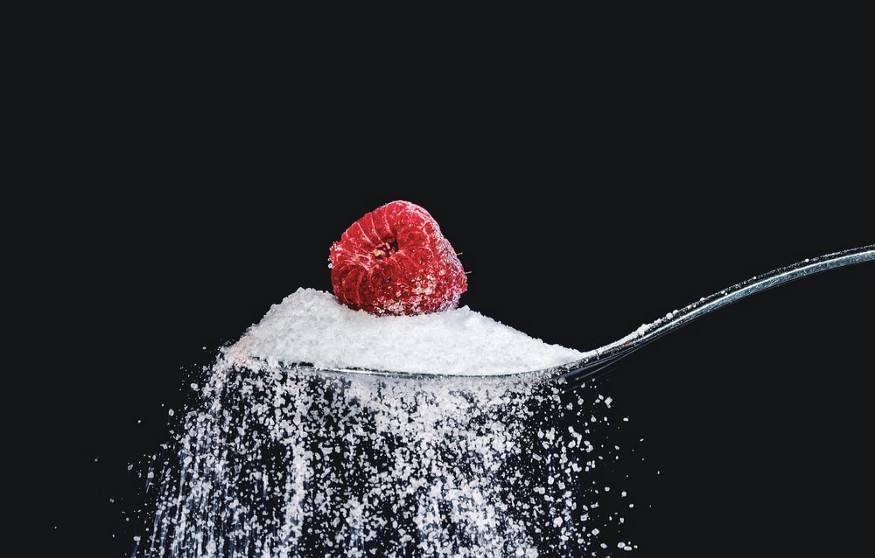
What is Diabetes Mellitus and what are its primary causes?
All about blood sugar, fatty acids and diabetes.
By Arpita Sudev
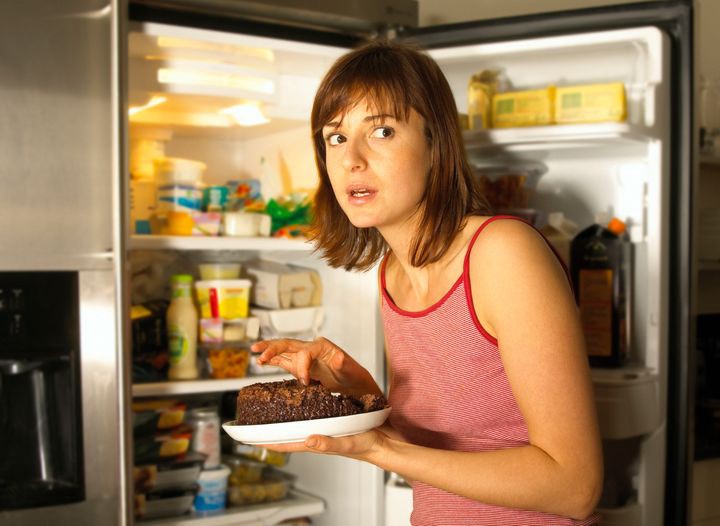
What Late-Night Snacking does to us?
All about endorphins, metabolic syndrome, junk foods and late night snacking.
By Arpita Sudev
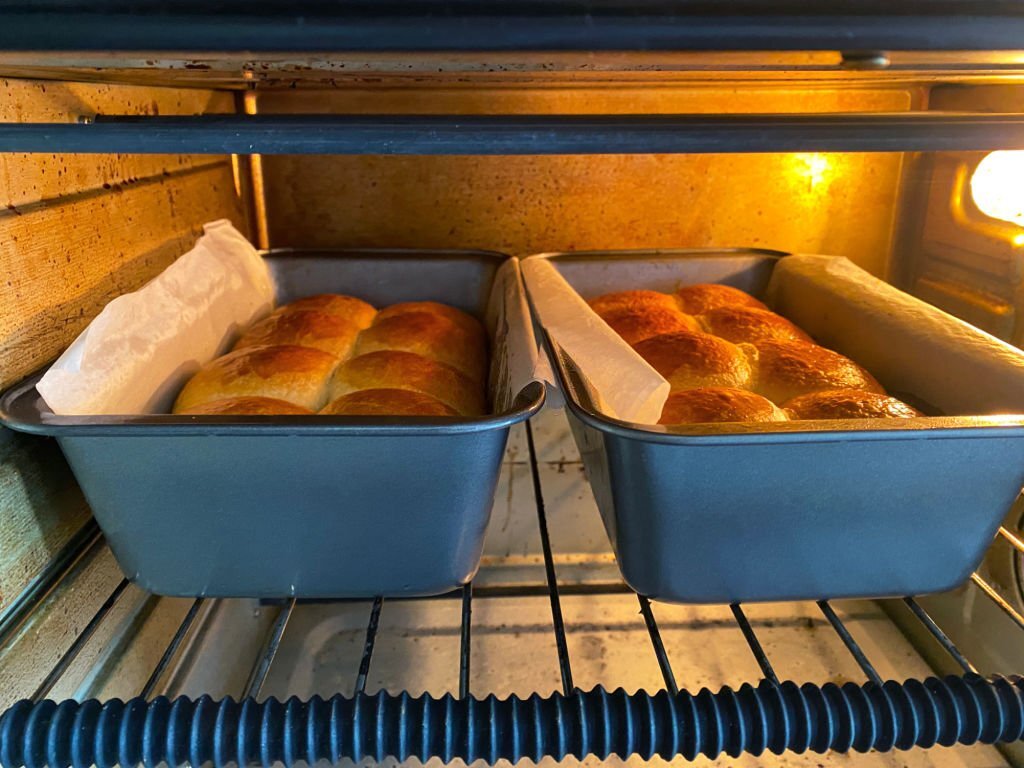
What does it take to bake a bun?
A bun needs a few necessary ingredients to turn out fine. By fine I mean it needs to be fluffy or spongy enough to be called a bun.
By Hetvi Shah
Related Items
Choose Healthy With Us.
Know the real truth about your food. Stay informed and healthy, for free.

Download the App Now
Certified nutritionists trust our food recommendations. Safe to say, so can you :)




